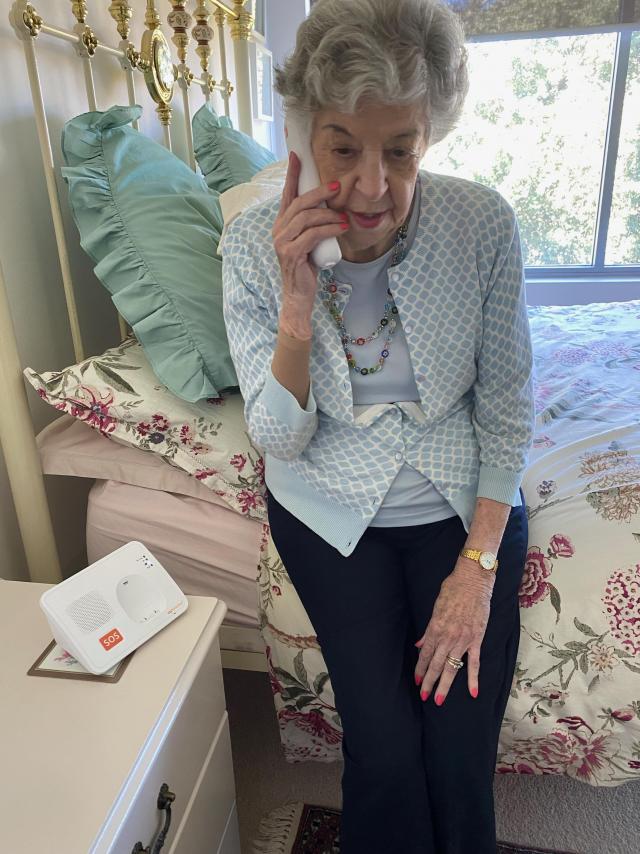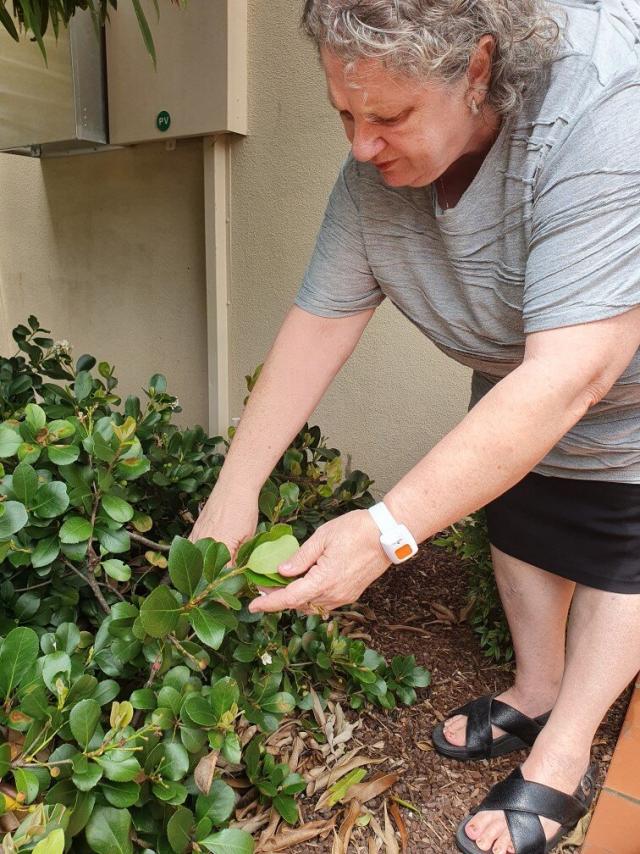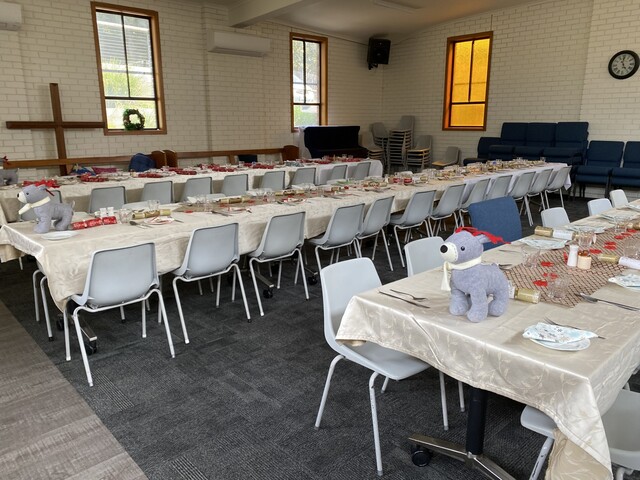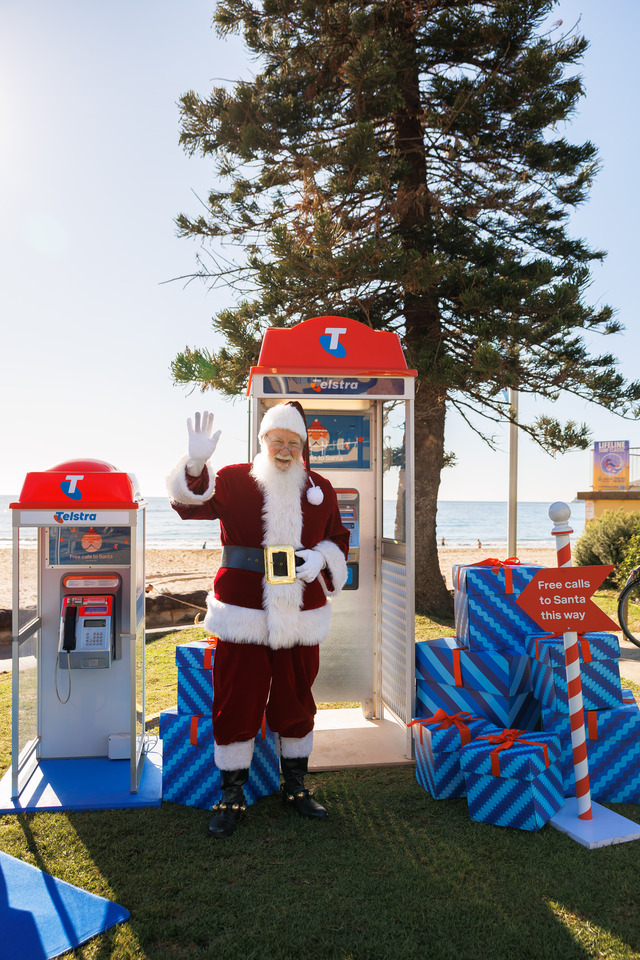Myhomefone is an Australian invention that is aiming to help reduce isolation and loneliness for elderly Australians, providing an alternative to mobile phones, landlines, and the NBN.
The phone operates similar to a traditional home phone, but uses mobile networks and has features that help to improve accessibility for older people.
It provides an alternative to increasingly expensive landline rates for elderly citizens who don’t use mobile phones.
Dixons Creek resident Lyn said myhomefone has helped her, and particularly her sister who she lives with, by providing an easy-to-use solution to mobile phones and without trying to install an NBN service.
“I’m a little bit more tech-savvy than my sister. My sister had a mobile and she basically used that only for emergencies,” Lyn said.
“Making sure that we can keep our old landline number so that our family and friends can still know how to reach us is all that we needed.”
The phone has a number of accessibility features for elderly people, with large keys and displays that are easier to see and use, hearing aid compatibility, pre-programmed buttons for family or friends, an SOS button, which when pressed calls up to six numbers until one is answered and sends an SMS if not answered and has a 48-hour backup in case of power blackouts.
The base of the phone station also works as a Wi-Fi modem, which allows users to access the internet with monthly data limits suitable. The W-Fi can also crucially be used as a hotspot for medical devices such as wearable pendants, emergency pull cords, and wrist pendants to ensure safety at home.
Daktel Australia CEO David Sweet, the creator of myhomefone, said one of the concerns is that their customer base who are 85 years old on average, is often attached to their old landline number.
“People they know have known that as their number for 20-30-40 years. They don’t want to lose it because they are so worried about not being able to be contacted by people,” he said.
“Even their local GP’s who used to ringing them and talking to them when they’ve got to do over the phone consults. If they lose the number, they feel that they’re not going to be able to get basic medical consultation over the phone.”
Isolation and loneliness have been widely reported as a significant concern for elderly citizens in Australia, particularly for aged care residents and those living in rural areas. Covid-19 restrictions and lockdowns have only aggravated this issue.
Mr Sweet said that isolation and mental health concerns are a massive issue facing Australia.
“It’s not only being caused by Covid-19 but by the fact that people have been anxious and unable to travel to aged cares or homes because of the worry they may infect elderly loved ones who suffer from the virus the worst,” he said.
“It’s critical that they need to be able to communicate with people. We feel we’re providing a service to assist people at home and stay connected with family and friends.”








